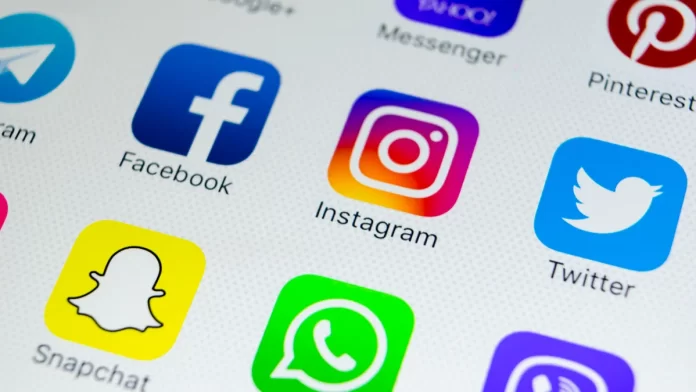In the past two decades, the rise of social media platforms has brought about a revolution in the way the youth interacts, communicates, and perceives the world. This digital phenomenon has significantly changed the mindset of young individuals, shaping their attitudes, behaviors, and perspectives in unprecedented ways. While the impact of social media on youth is undeniable, it’s important to analyze both its positive and negative influences on their mindset.
Social media provides a platform for young people to express themselves, share their thoughts, and display their creativity. This avenue for self-expression allows youth to explore different facets of their identity and gain a deeper understanding of themselves. Whether through posts, photos, videos, or stories, young individuals are able to craft an online persona that reflects their interests, beliefs, and values. This empowerment can lead to increased self-confidence and a more positive self-image.
Social media has transformed the way young people perceive the world around them. The ability to connect with individuals from diverse cultures, backgrounds, and perspectives has expanded their horizons and increased their awareness of global issues. Through platforms like Twitter, Instagram, and Facebook, young individuals can stay informed about social, political, and environmental developments beyond their immediate surroundings. This exposure to various viewpoints fosters a more informed and socially conscious mindset among youth.
However, the constant exposure to curated and often idealized versions of others’ lives on social media can also have negative consequences on youth mindset. The phenomenon of comparing one’s life to the highlight reels of others can lead to feelings of inadequacy, anxiety, and low self-esteem. The pressure to conform to societal beauty standards, popularity metrics, and unrealistic lifestyles can contribute to a distorted self-perception among the youth. As a result, mental health issues like depression and anxiety have become more prevalent among this demographic.
The algorithmic nature of social media platforms often leads to the creation of echo chambers, where young people are exposed to content that aligns with their existing beliefs and preferences. While this can provide a sense of validation and belonging, it can also reinforce narrow-mindedness and polarization. The lack of exposure to diverse viewpoints may hinder the development of critical thinking skills and the ability to engage in constructive debates. This phenomenon can result in a more dogmatic and inflexible mindset among the youth.
On the positive side, social media has been a powerful catalyst for youth activism and social change. Platforms like Twitter and Instagram have enabled young individuals to raise awareness about important issues, organize movements, and demand accountability from institutions and governments. The ability to mobilize and amplify voices on a global scale has given the youth a newfound sense of empowerment, influencing their mindset to be proactive in shaping the world around them.
In conclusion, social media has a significant and varied impact on young people’s attitude. In addition to opening doors for self-expression, global networking, and activism, it has also brought with it issues with divisiveness, mental health, and rapid pleasure. The influence of social media on young people’s attitude is a delicate balancing act between the advantages it presents and any potential drawbacks. It’s vital to inform and empower young people to use social media in ways that enhance their lives and foster a positive outlook as society negotiates this digital terrain.








